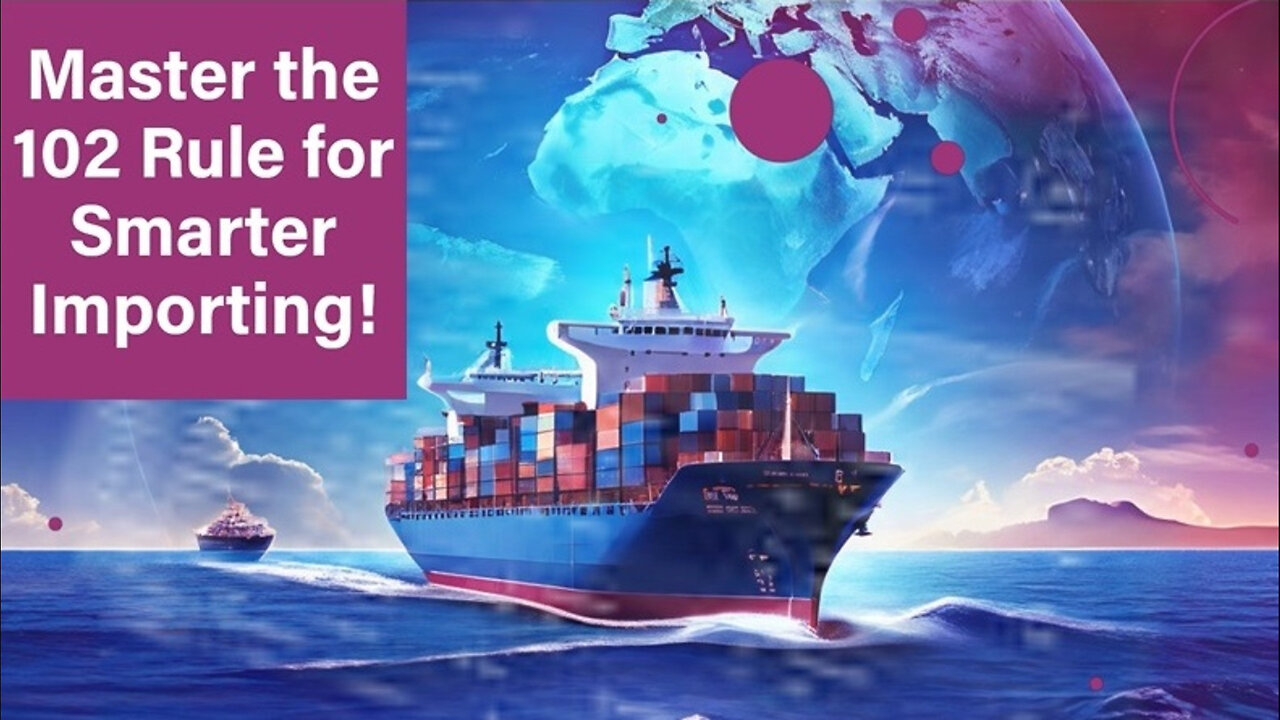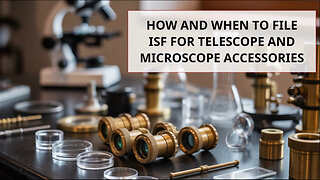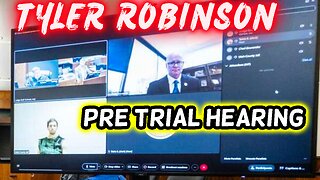Premium Only Content

Demystifying the 10 2 Rule: Mastering ISF Filing for Individual Importers
License To Import // 323-578-6432 // [email protected] // www.licensetoimport.com
In this video, we deep dive into the topic of the 10+2 rule, also known as the Importer Security Filing (ISF), for individual importers. The 10+2 rule is a requirement imposed by US Customs and Border Protection for ocean shipments to enhance supply chain security. We discuss the specific information that needs to be submitted under the 10+2 rule, including importer of record information, consignee information, manufacturer information, ship-to party information, and country of origin. Additionally, we explore the optional data elements that may need to be provided under certain circumstances. Non-compliance with the 10+2 rule can lead to monetary penalties, cargo holds and delays, and increased scrutiny on future imports. Seeking professional assistance from customs brokers and freight forwarders can help ensure compliance with the 10+2 rule and mitigate potential risks.
#usimportbond #isfcustomsbroker #uscustomsclearing #isfentry
Video Disclaimer Here: This video is solely for education and is not endorsed by any US government agency.
00:39 - The 10+2 rule, also known as the Importer Security Filing (ISF), is crucial for individual importers, requiring specific information submission to US Customs and Border Protection before shipment departure from foreign ports to enhance supply chain security.
01:11 - Required information under the 10+2 rule includes Importer of Record (IOR), consignee, manufacturer, ship-to party details, and country of origin, with optional data elements like container stuffing location and Harmonized System (HS) Tariff code.
02:47 - Consequences of non-compliance with the ISF filing include monetary penalties, cargo holds, and delays, leading many individual importers to seek professional assistance from customs brokers and freight forwarders for accurate and timely submissions.
-
 1:51
1:51
License To Import
2 months agoHow And When To File ISF For Telescope And Microscope Accessories
161 -
 1:55:47
1:55:47
vivafrei
9 hours agoEp. 288: VIva & Barnes Sunday Night Show... ON A MONDAY! Trump, Gavin, Government Shutdown & MORE!
132K27 -
 28:38
28:38
Standpoint with Gabe Groisman
1 hour agoPrime Minister Netanyahu: Inside Israel's War, Peace and the Path Forward.
16.5K10 -
 LIVE
LIVE
LFA TV
21 hours agoLIVE & BREAKING NEWS! | MONDAY 10/27/25
1,158 watching -
 LIVE
LIVE
freecastle
6 hours agoTAKE UP YOUR CROSS- The wicked accept bribes in secret to pervert the course of justice!
108 watching -
 LIVE
LIVE
LadyDesireeMusic
1 hour ago $1.02 earnedLive Piano Improv
169 watching -
 1:54:42
1:54:42
The Quartering
4 hours agoFood Stamp Riots Are Coming, New Charlie Kirk Assassin Discord Messages Leak & Console Wars End!
149K56 -
 16:09
16:09
iCkEdMeL
4 hours ago $5.95 earned🔴 LIVE: Tyler Robinson Pretrial Hearing in Charlie Kirk Assassination Case
23.8K3 -
 1:11:50
1:11:50
DeVory Darkins
5 hours agoDemocrats left scrambling after USDA issues NIGHTMARE Update
172K143 -
 21:05
21:05
Stephen Gardner
5 hours ago🔥Trump Drops NIGHTMARE NEWS for Democrats!!!
47.6K138